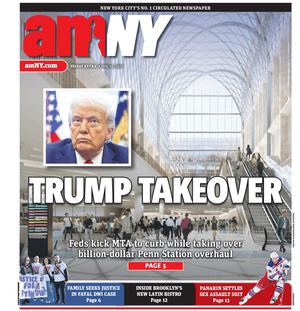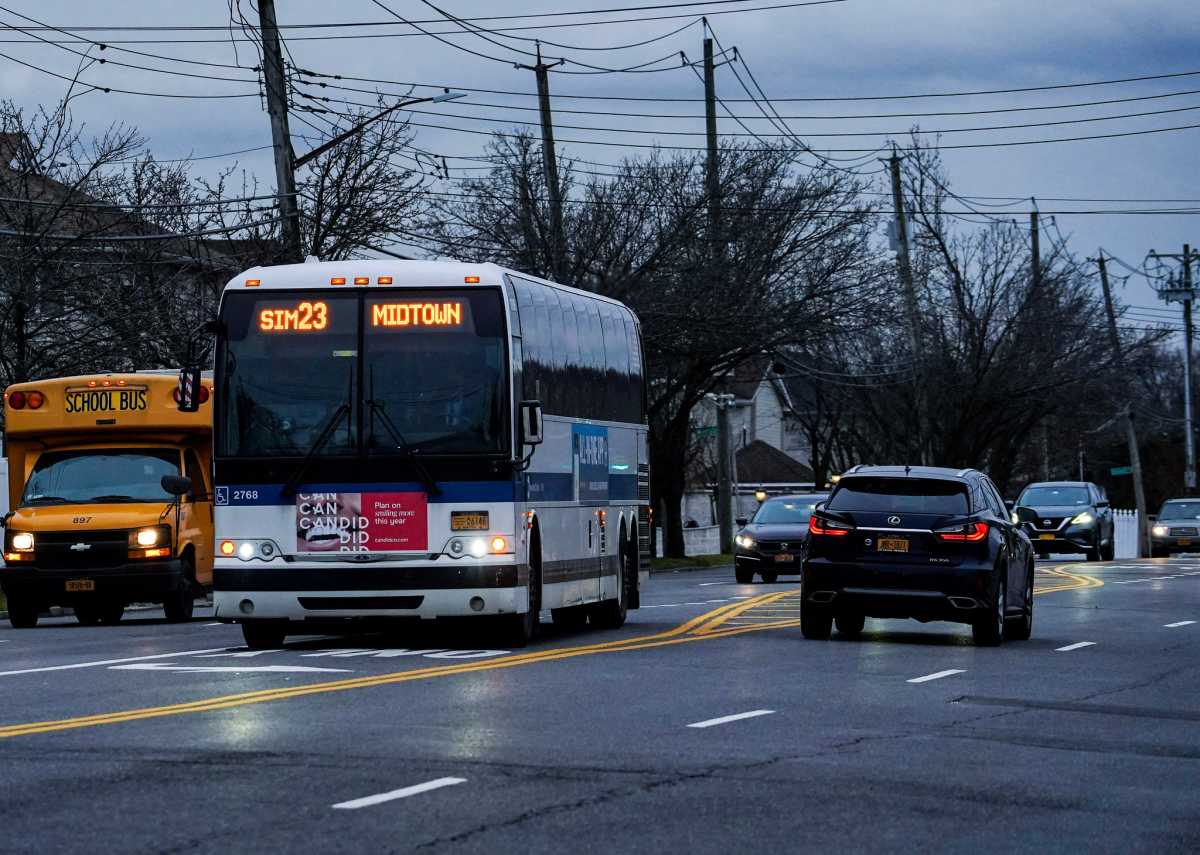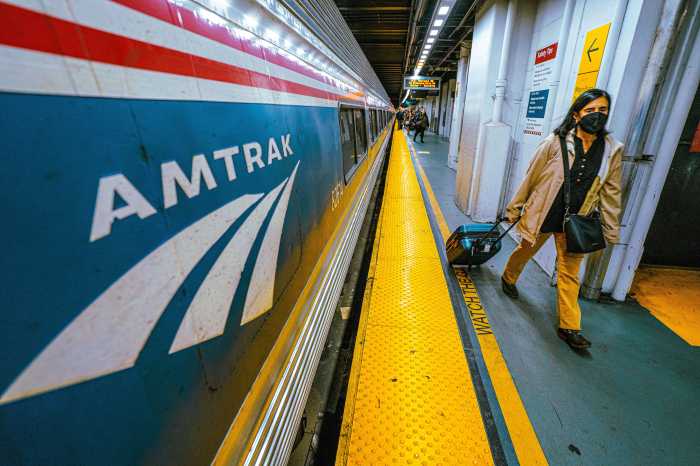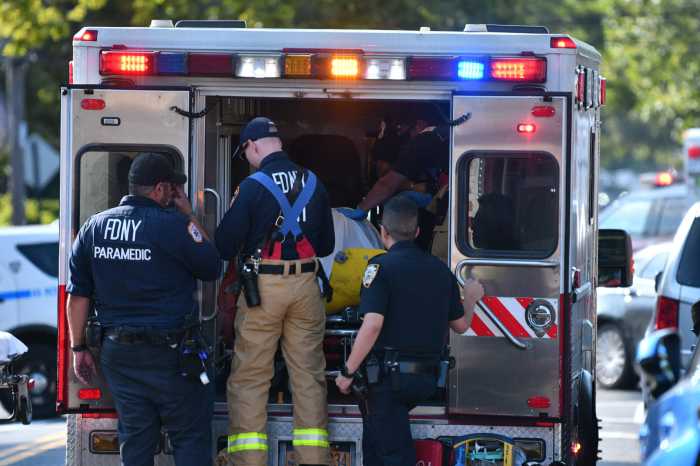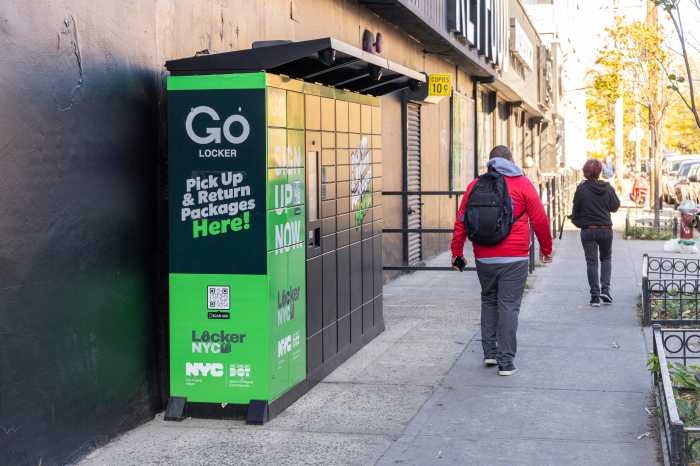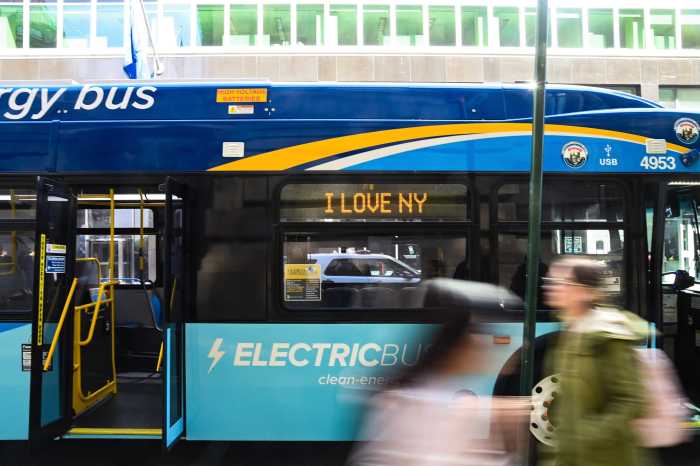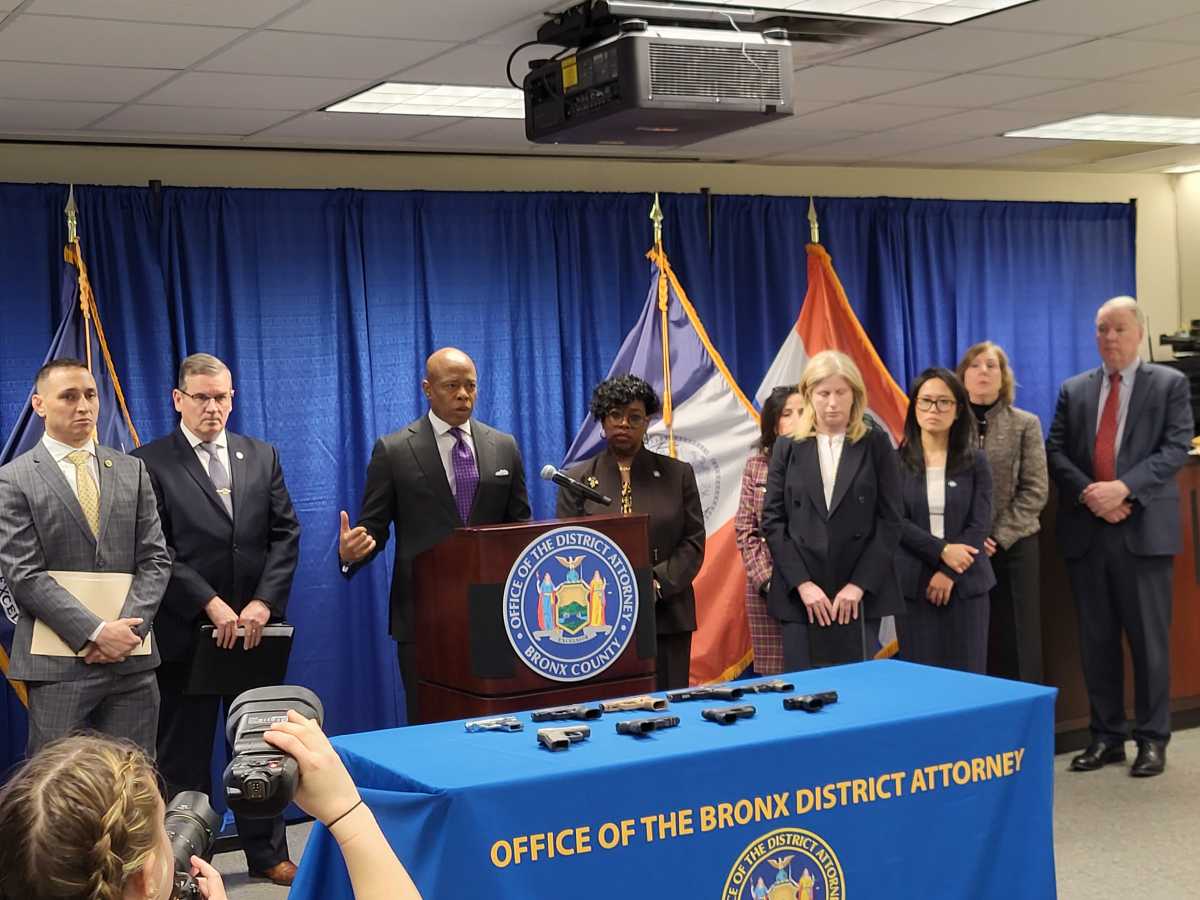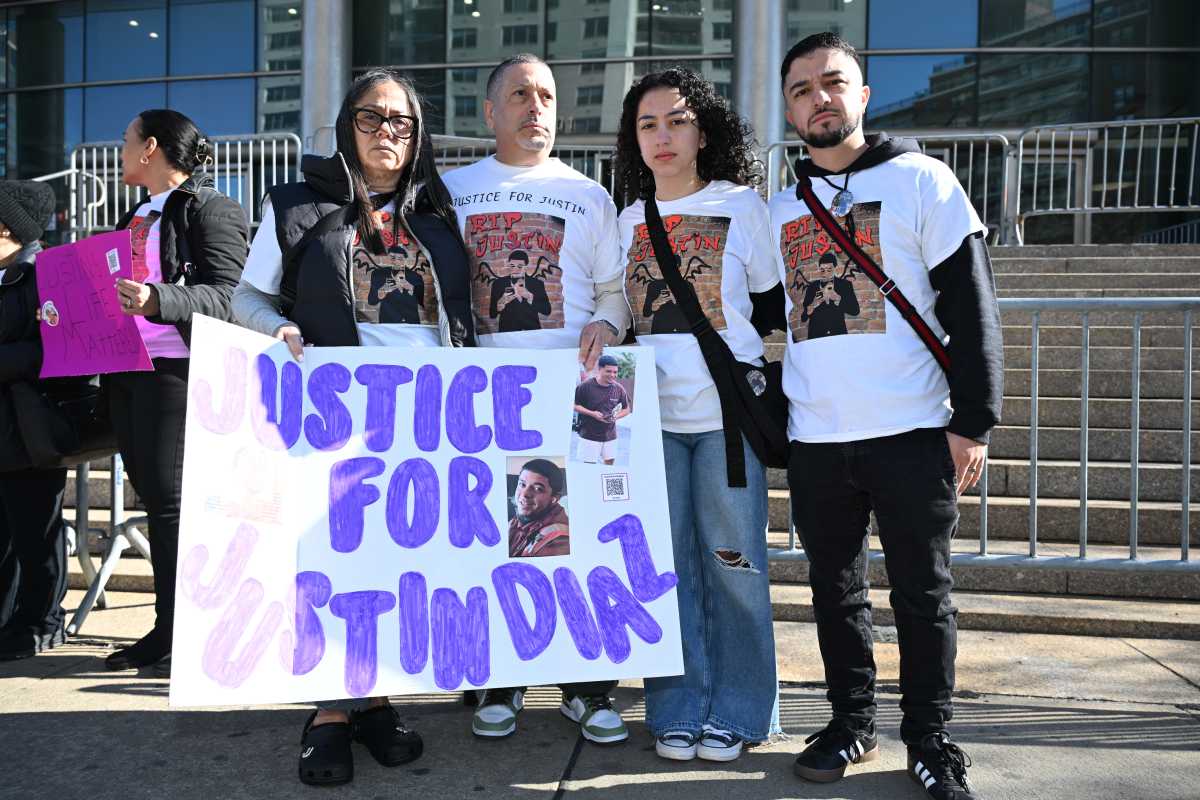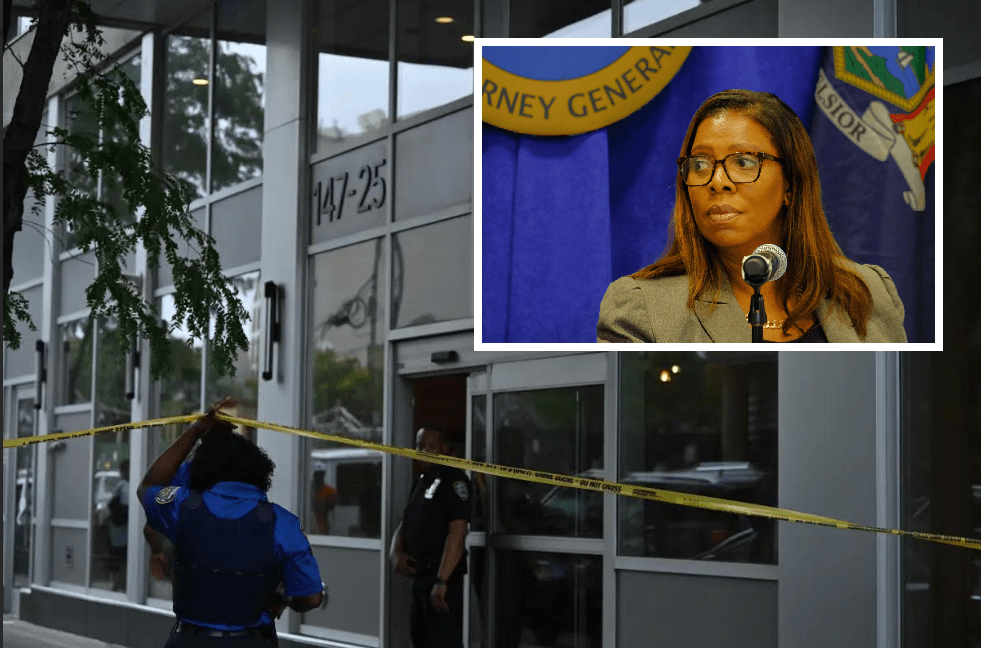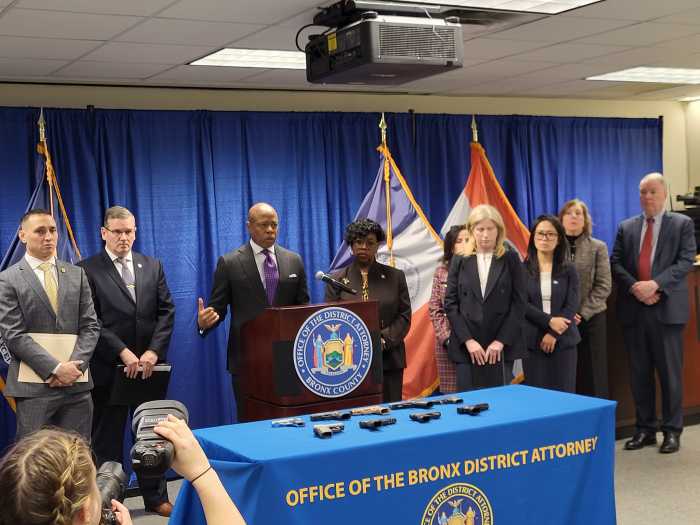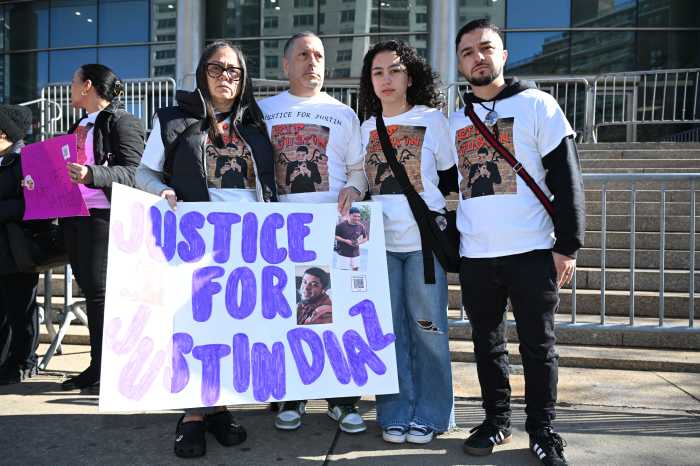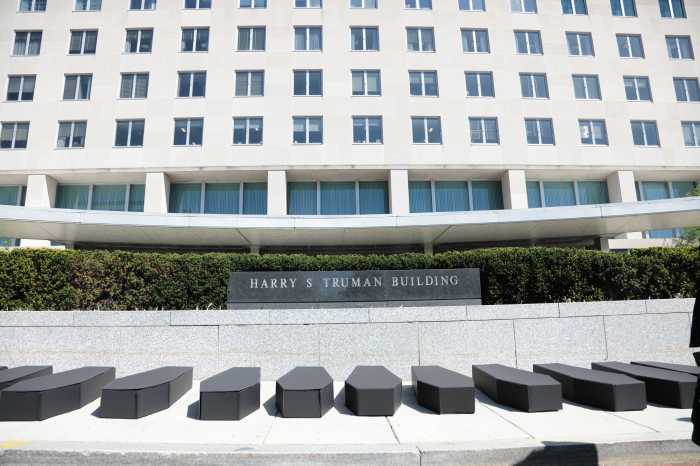The MTA is set to axe increases to express bus service previously promised for this summer as a bid to incentivize transit over driving ahead of the launch of congestion pricing, now that the Manhattan tolling scheme has been paused indefinitely by Gov. Kathy Hochul.
In April, the MTA Board approved additional daily trips on six express bus lines serving routes between Brooklyn, Staten Island, and Manhattan — specifically the BM2, BM5, SIM1C, SIM4C, SIM23, and SIM24. Express buses see particularly heavy usage in neighborhoods without direct train service to Manhattan.
The MTA approved the service bumps as an incentive to get drivers out of their cars and onto mass transit. The boost was to be funded with $883,000 from the state’s Outer Borough Transportation Account, which is also being spent on toll rebates for drivers on outer borough bridges and monthly ticket discounts for commuter rail riders living in the five boroughs.
But while legislators secured the continued funding of the toll rebate on the Cross Bay Bridge between Queens and the Rockaway peninsula, the same can’t be said of the express bus increase: the MTA Board is set to vote this week to discontinue those service upgrades until further notice, due to a lack of funding, according to a document posted on the Board’s website over the weekend and dated July 16.
The express bus boosts are just a sliver of what are expected to be significant cuts to the MTA’s operating budget presented this week at the Board.
Congestion pricing, which would charge $15 to most motorists driving into Manhattan, was designed to fund the MTA’s capital construction plans, but in forfeiting billions of dollars in expected revenue for modernization plans, the MTA will likely have to spend more on day-to-day operating expenses to keep the system from “falling apart.”
“The Governor’s congestion pricing betrayal is bearing bitter fruit for express bus riders,” said Danny Pearlstein, the policy and communications director at the Riders Alliance. “The Legislature added service and these cuts are just one way New Yorkers are worse off without congestion pricing.”
A potential downgrade of the MTA’s credit rating could make borrowing money more expensive, necessitating larger outlays from the operating budget to pay debt service costs. Further, by deferring the replacement of old equipment like subway cars, switches, and signals, the agency would likely have to spend more operating funds on routine maintenance.
Read More: https://www.amny.com/nyc-transit/
